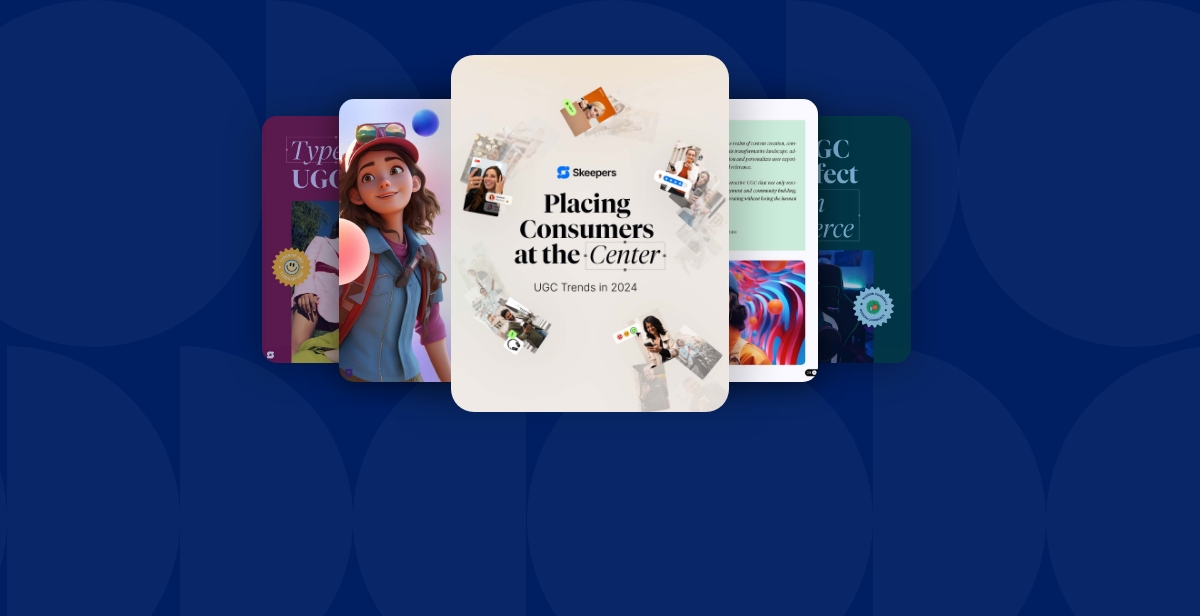As a CRM manager, you hold the keys to your company’s success. Your primary responsibility – providing an exceptional customer experience – means you must possess unique insights into your customers’ needs and wants, everyday problems, and issues with your product or service. To obtain these insights, you must manage every customer interaction across every...
As a CRM manager, you hold the keys to your company’s success. Your primary responsibility – providing an exceptional customer experience – means you must possess unique insights into your customers’ needs and wants, everyday problems, and issues with your product or service.
To obtain these insights, you must manage every customer interaction across every channel, making your job particularly complex. To ease this task, we suggest the following three software tools, all of which are sure to help you better understand the exact needs of each customer, making it easier to implement a more effective customer journey.
CRM Software
Customer Relationship Management (CRM) software is an essential tool for any business of any size. This software serves numerous functions, including:
- Organizing and managing customers’ various interactions with a company so that you can stay on top of their evolving needs and preferences.
- Bridging the gap between sales, marketing, and customer service, making it easier to tailor your products, services, and customer engagement methods to fit a specific customer’s needs.
- Tracking and following up leads with information that can be extracted anytime, anywhere, and from any device.
Keep in mind that most CRM software is created to meet the general needs of most businesses, so no CRM software will fit your specific business like a glove. But, with some careful consideration, you should be able to choose a CRM that will best meet your needs, avoiding those which offer irrelevant features.
And, in case you need more convincing, a recent Nucleus Research study demonstrates how CRM returns have increased since 2011, from $5.60 to $8.71 for every dollar spent. This is because, when implemented correctly, a CRM system ensures that no customer or prospect is forgotten. Customer service is streamlined and tailored to each customer’s needs, increasing brand loyalty, sales, and customers’ willingness to spend up to more than 25% with the company.
Customer Feedback Tools
To provide personalized and efficient customers support, you must work with an effective knowledge base, one that delivers the right information instantly and that is easy to access and use. Specifically, you need knowledge with provides insights into:
- Who your customers are – what, when, and why they buy from you – so that you can offer bespoke solutions on an ongoing basis.
- What your customers’ future needs look like in order to provide them with value-added services, services which are likely to cultivate stronger customer loyalty, providing you with a clear competitive advantage.
- What your customers think about your product or service – their likes and dislikes – so that you can deliver a positive experience which leads to increased sales and positive word-of-mouth.
Marketers who put customer knowledge at the center of marketing decisions improve their return on investment by 15 – 20% which helps explain why a recent study of 347 businesses sees the top-performing companies across all industries relying on customer knowledge to drive their sales and marketing initiatives.
Customer feedback surveys – adapted to email, mobile, or your online site – are especially invaluable as they magnify your strengths and weaknesses, areas you should emphasize, and what you need to do in order to make your customers happier. Customers expect you to understand their needs, wants, and expectations. How well you do this will determine the value of your customer experience.
Social Media Monitoring Software
Today’s customers expect to be able to use whatever channel is most convenient to them. This means that companies must have in place a comprehensive and far reaching feedback strategy that appeals to all customers no matter what channel they prefer.
Research shows that 83% of businesses armed with multichannel feedback strategies experience higher and more consistent levels of customer satisfaction than those without. A multichannel strategy makes it easier for a business to expand its reach, providing customers with more opportunities to interact with it.
Therefore, creating a strong online presence through Facebook, Twitter, Linkedin, and other social media platforms is a must. But so is collecting and analyzing the information customers are sharing via these venues. Fortunately, a wide array of social media monitoring software is available to help stay on top of all these social channels. Monitoring tools show a business what customers are saying about it, how often it is mentioned, identify complaints, and recognize trends. A business can more easily identify who its brand advocates and detractors are, respond to both groups, and manage its reputation in real time.
Provide Better Value to your Customers
As CRM manager, your job is to create a better value proposition for your customers. If you are simply guessing at what they want or need, there’s a good chance you won’t be able to give them what they’re actually looking for. You have to stay on top of their changing needs, talk to them, and – importantly – listen if you are going to offer value that is truly unparalleled. And, with careful implementation of the right tools, you should have no problem making this happen.
Photo credit: Terence l.s.m via VisualHunt / CC BY-ND








